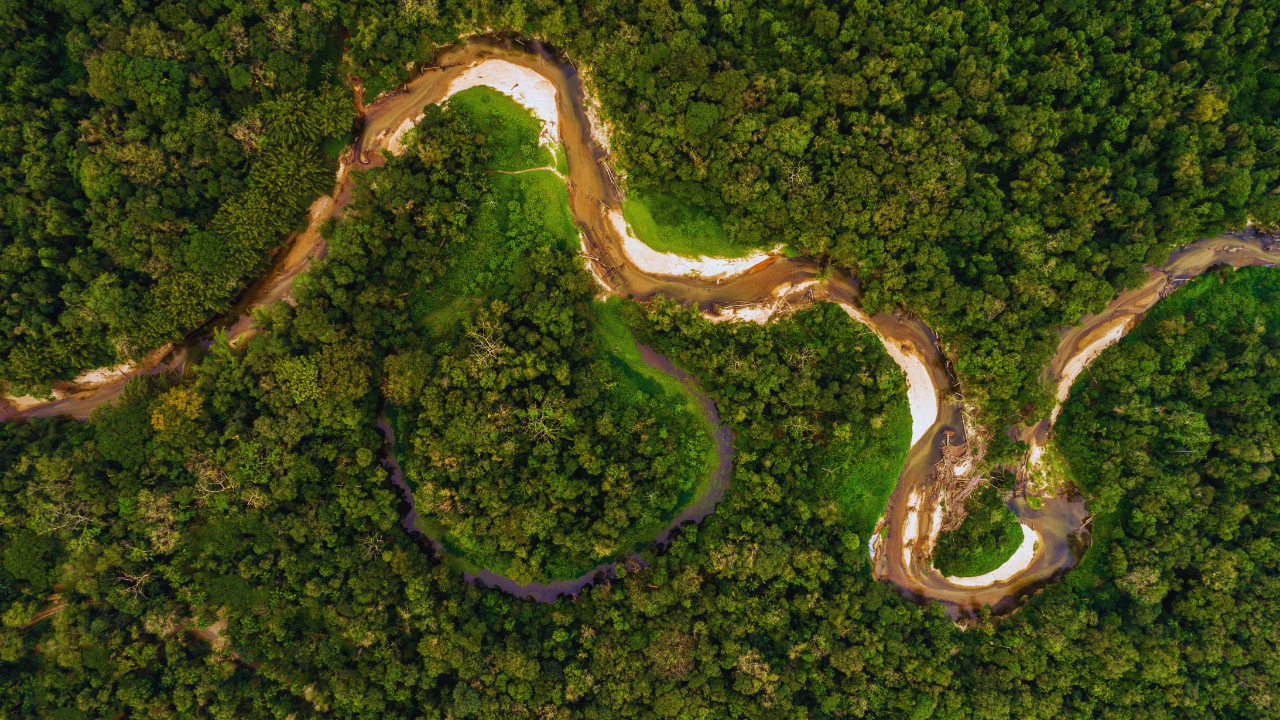ARTICLE AD BOX

Imagine standing at the edge of the unknown, surrounded by the roars of the rainforest, the humid air pressing down, and vines draping from ancient trees. That probably would have been the setting for British explorer Percy Harrison Fawcett, a man whose life and disappearance became legend and whose wanderings through the Brazilian jungle still stir the imagination of travel-seekers today.Born on 18 August 1867 in Torquay, Devon, England, Fawcett came from a family of shipping magnates. His early life led him into the British Army and eventually into surveying and geography, a path that would carry him far beyond his native shores. By the early 1900s he was working with the Royal Geographical Society, mapping remote regions of South America. Read more: The US island that runs on horses, not cars since 1898
Mapping the unknown
Between 1906 and 1924, Fawcett led seven separate expeditions into South America, mostly into Brazil’s remote and little-charted regions.
He traversed parts of the Amazon rainforest and bordering lands with Bolivia and Peru. He operated with a mixture of scientific precision, colonial ambition and mystic fascination, for example, he believed there may have been a “lost city” in the jungles of Mato Grosso, which he called “Z”.

The environment he entered would have been brutal, oppressive humidity, dense vegetation, veiled horizons, and limited information.
For a modern traveller this jungle remains profoundly challenging, it humbles you in the scale of nature, the ancient landscapes and the rhythms of the wild. In retracing Fawcett’s footsteps, one can get a vivid sense of what he must have felt.In 1924 Fawcett embarked on what would be his final expedition to find “Z.” Accompanied by his eldest son Jack and friend Raleigh Rimmel, he set off from Cuiabá on 20 April 1925 into the upper reaches of the Xingu River region.
His letter of 29 May from what he called “Dead Horse Camp” conveyed confidence and optimism. But the trio disappeared and were never seen again, their fate lost to the jungle’s impenetrable depths.Read more: Top 10 countries with highest GDP in 2025The mystery deepened when the Royal Geographical Society declared them lost in January 1927. Theories abound: tribal conflict, starvation, disorientation, illness. One local tribe, the Kalapalo, say they saw three strangers’ camp-fires vanish after five days and believe the explorers were killed thereafter.
This also serves as a vivid reminder that when venturing into wild places, the unknown doesn’t always align with our maps or expectations.While Fawcett never returned, his story is still alive in the Amazon’s echoing call and in the many explorers, researchers and travellers who continue to probe its mysteries. Whether one views him as a heroic pioneer or a cautionary tale of obsession, his journey urges us to approach wild places with awe, preparation and humility.

 1 hour ago
4
1 hour ago
4








 English (US) ·
English (US) ·